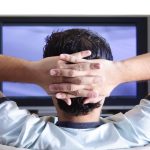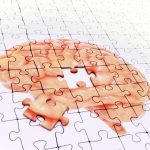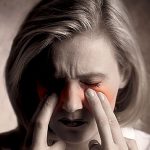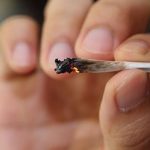
Be kind to your heart and health and turn off the news, doctors say. Northwestern University experts suggest checking in on current events a couple of times a day and no more. Constant updates can fuel anxiety and depression, they warn. “As a practicing preventive cardiologist, one of the most common risk factors for heart disease that I am seeing this year is stress,” said Dr. Sadiya Khan, assistant professor of cardiology and epidemiology at Northwestern University Feinberg School of Medicine in Chicago. “I know we can all agree it has been an extremely stressful year for all in every aspect of our lives, including stress related to the pandemic and associated health, financial and political events.” Constant news updates pile on layer upon layer of stress, according to Dr. Aderonke Pederson, a psychiatrist at Northwestern Medicine. “That cumulative stress can translate into increased risks of heart problems, diabetes and more,” she said. “Mental illnesses like depression and anxiety, especially when untreated, can increase your risk for chronic health conditions like diabetes, cardiac events and heart disease and can complicate symptoms of asthma. So, there’s a feedback loop of mental health conditions and physical health conditions.” The doctors offered several coping strategies, including getting a good night’s sleep and calming your mind a couple hours before bedtime with a light-hearted book, journaling, playing a game… read on > read on >























-300x200.jpg)










